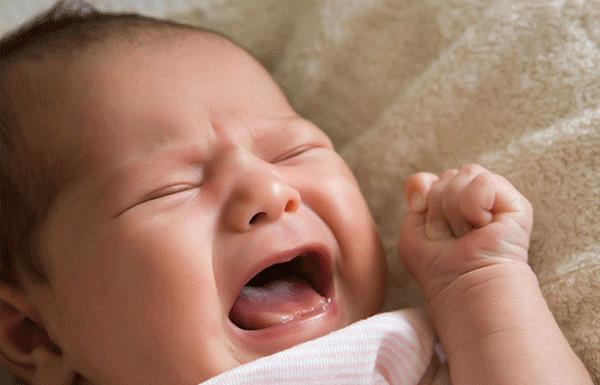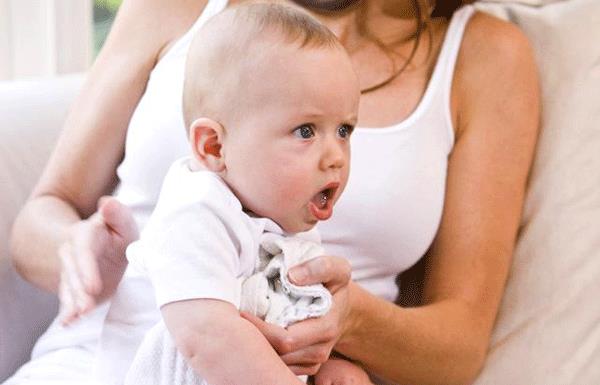Allergy testing is not required for parents but is advised to know how to better care for the baby, especially when the weather changes.
content
Is allergy test really necessary?
Do allergy tests have side effects?
Baby care like?
Allergy test is a term that is quite unfamiliar to many families today. Most are only tested for your baby when asked or if your baby has an allergy . Why must be a passive person while parents are completely active and choose to do the test with only 2-3 million VND.
Allergy testing for your baby is done by allergists if your baby's body reacts to a known substance. Forms of allergy testing include a blood test, a skin test, or an elimination diet.
Whether a baby or a growing child can have an allergy. An allergy occurs when the immune system overreacts to something in the environment. Common symptoms are runny nose, sneezing, sinuses, and watery eyes.

Allergy testing can be done for babies as young as 12 months old
Is allergy test really necessary?
Although not a compulsory test, doctors always encourage parents to do it to know how to better care for their children. There is a very high probability that there is a family genetic factor in this disease. According to doctors, from 12 months old, mothers can take their baby to have allergy test.
When an allergic reaction, the child's body reacts to food, weather, environmental ... and tries to get rid of it. But no parent is patient enough to wait until the body clears itself while the baby fussy all day. In a hurry to handle it without knowing where the cause is coming from, it is likely that the parents will make the condition more serious.
The causes of allergies for children today are quite diverse, there are about 40 different types: dog hair, sea fish, beef, cow's milk allergy , pollen ...

Food allergy and what mothers do not expect When starting to eat solids, babies need to eat a variety of foods to get full nutrients and gradually get used to foods. However, many foods are very susceptible to allergies. There are many types that I already know, but there are also many that I never expected ...
Symptoms of an allergy in children
Usually, when they are allergic, they will get urticaria, but there are also cases where the baby coughs, bronchospasms. In these cases, mothers often self-diagnose, like thinking that their children have respiratory infections and buying antibiotics to drink. Gradually becoming antibiotic resistance, the disease still does not cure completely.

Coughing and wheezing are also signs of childhood allergies
Some manifestations when a child has an allergy:
Swelling of the nasal mucosa - Allergic rhinitis
Sinus - Allergic sinusitis
Red and itchy eyes - Allergic conjunctivitis
Sneezing, coughing, wheezing ... - Laryngeal edema
Tinnitus, possibly painful or deaf - Due to loss of the Eustachian duct
Rash, eczema, urticaria
Abdominal hives, flatulence, vomiting, diarrhea
Do allergy tests have side effects?
There may be some side effects from an allergy test that your child may react to: Itching, redness, mildness or swelling in the skin. These symptoms usually clear up within a few hours, but can last for a few days.
Very few test cases can produce an immediate allergic reaction and require hospitalization for treatment. If after leaving the hospital there is a reaction to breathing difficulties, swelling in the throat or low blood pressure, you should call the doctor and bring your baby back to the hospital.
Baby care like?
With babies and young children to limit allergies you should:
Good hygiene: Baby's body and living environment must always be clean, clean the house, wash blankets and curtains regularly ...
Help your children stay away from environmental allergens: Do not plant plants with pollen dispersed in the air, buy an air purifier if there is a lot of dust around.
Do not cook food allergies, read ingredients carefully when buying baby packaged foods.

6 points do not miss when taking care of a newborn. You know, newborn babies are fragile and sensitive. Every part of your baby's body needs care, whether it's just the nails or the hair. Mom, do not focus too much on one area but forget the rest















